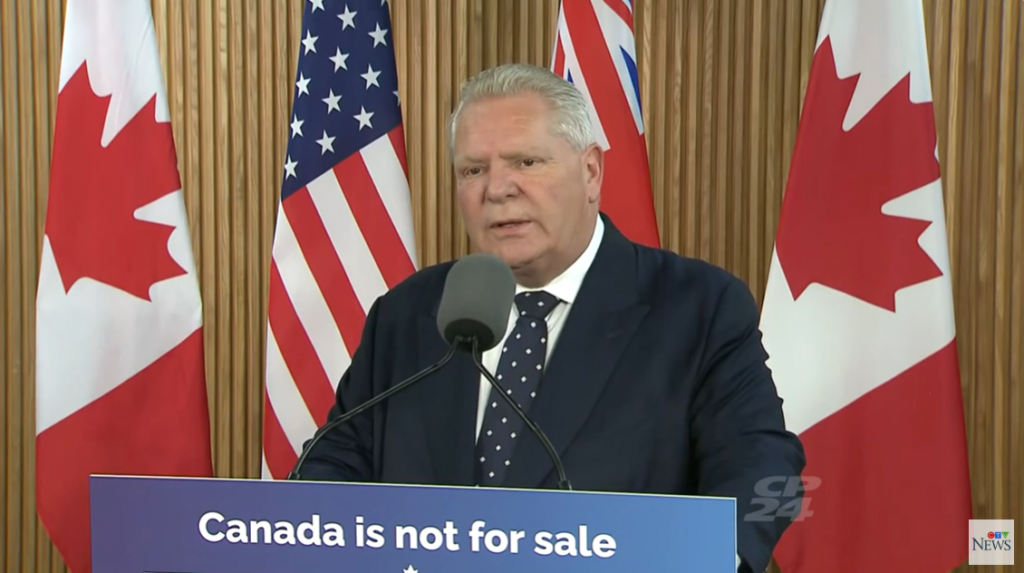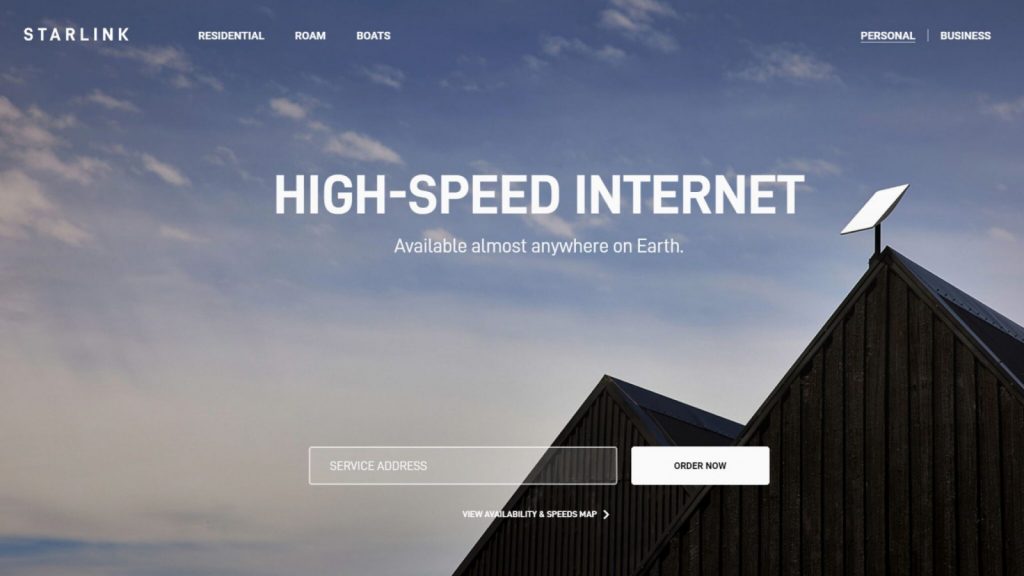Tensions between Canada and SpaceX over the satellite internet service Starlink have escalated, with new tariffs, a canceled contract, and growing concerns about foreign influence on critical infrastructure.
The conflict highlights the challenges facing both governments and consumers as they navigate the increasing role of global tech companies in national markets.
Ontario Cancels $100 Million Deal, Raising the Stakes for Elon Musk’s Satellite Internet Service
In a significant blow to SpaceX, the Canadian province of Ontario has canceled a $100 million contract with Starlink, citing ongoing tariff disputes and the broader regulatory environment. The contract, which was initially designed to provide Starlink’s high-speed internet to underserved rural communities in Ontario, is now in jeopardy as the provincial government re-evaluates it’s options in light of growing concerns about the U.S. – based companies operations in Canada.
The cancellation comes after a series of tariff impositions by Canadian authorities on the service. These tariffs are part of a broader effort by the Canadian government to ensure that domestic companies are not undercut by foreign giants like SpaceX, whose rapid expansion into Canadian markets has raised alarms about the country’s reliance on U.S. companies for essential infrastructure.

Tariffs and Pricing Hikes Threaten Service Access for Rural Users
Alongside the cancellation of the Ontario contract, Canada has implemented tariffs aimed at Starlink’s service, with the Canadian government targeting as much as $100,000 in additional costs for the service. The tariff dispute centers on the question of whether Starlink, as a foreign company, should be allowed to operate without significant oversight. Critics argue that this move is necessary to protect Canadian businesses and maintain control over the country’s broadband infrastructure.
These tariffs have already started to affect the pricing and availability of Starlink in Canada, potentially raising the cost of the service for consumers in rural and remote regions who rely on it for internet access. The ongoing tariff dispute is now a key point of contention, especially as the service faces additional regulatory scrutiny.

The Impact on Elon Musk and SpaceX
Elon Musk, SpaceX’s CEO and a central figure in the Starlink project, has faced increasing criticism from Canadian officials and the public over his company’s growing dominance in the satellite internet market. Despite Musk’s claims that Starlink offers a much-needed solution to rural internet access, Canadian policymakers have pushed back, arguing that the service’s expansion threatens local businesses and national security.
The growing tensions have sparked a wider debate about the power of global corporations and the role governments should play in regulating their operations. Musk’s tech empire has become a lightning rod for discussions on corporate influence, with Canada’s response to Starlink serving as a key example of how countries are beginning to push back against large, foreign-owned companies in critical sectors like internet infrastructure.
What’s Next for Starlink in Canada?
As the political and economic standoff between Canada and SpaceX intensifies, the future of Starlink’s operations in Canada remains uncertain. Ontario’s cancellation of the $100 million contract is a clear signal that the provincial government is taking a firm stand against Starlink, and other provinces may follow suit in reassessing their relationships with the service.
For consumers, particularly those in rural areas who have limited access to high-speed internet, the situation is concerning. While Starlink offers a potential solution to the problem of internet access in remote areas, the growing costs and regulatory hurdles could push the service out of reach for many Canadians.

A Global Clash With Local Consequences
This ongoing dispute is more than just a trade or regulatory issue—it’s a fight over national independence, corporate control, and the future of global internet access. As governments and tech giants face off over the control of satellite-based broadband services, the outcome will have lasting implications not just for Canada and the U.S., but for the future of tech regulation worldwide.
The world is watching closely as this high-stakes battle unfolds, with the potential to reshape the future of internet services on a global scale.
You may be interested also: Why Is Elon Musk Living in a Tiny House?




